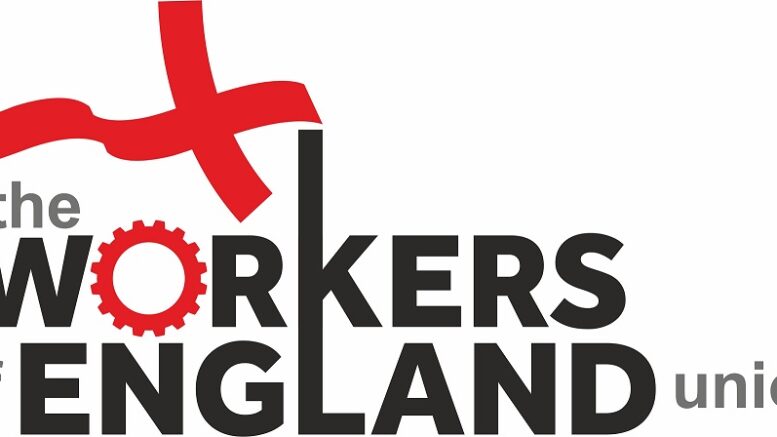The article below is from HR Magazine which highlights some of the pitfalls of working from home, you tend to work more hours than you are contracted for and your break times become erratic .
HR teams need to be wary that the third UK national lockdown may lead to staff working overtime and feeling burnt out.
Research from office supplier Furniture at Work found that 52% of UK workers said they are doing more hours in a week when working from home.
While 47% reported starting work earlier each morning, 49% said they are working until late more often than if they were working from the office.
The research also found that employees who reported working extra hours were working an average of 5 hours and 54 minutes more every week, that would equal 40.9 days extra across a whole year of work.
Speaking to HR magazine, Sophie Forrest, founder and managing director of HR support company ForrestHR said the third lockdown has meant that there’s a very real danger of employees burning out.
“Not only mental burnout from exhaustion and lack of variety, as well as from being stuck in the same four walls all the time but also physically, from the very real harm we can cause ourselves being glued to computer screens all day,” said Forrest.
Although working longer hours is sustainable in the short term, as our flight or fight reflex gives us the ability to pull out all the stops in an emergency, Forrset said as a way of life it’s creating a timebomb of mental and physical health problems.
“We know that homeworking will continue as the norm until the vaccines mean we conquer coronavirus sufficiently for some degree of regular social and professional interaction to return, and a blend of home/office working is likely to continue in most organisations after the pandemic has been properly kicked into touch,” she said.
For that reason, Forrest added: “It’s really important that companies take stock now to stop these emergency measures becoming an ingrained culture and make sure they are supporting their staff to be their best selves, which in turn will boost productivity and profit.”
Forrest explained that forward-thinking HR professionals and managers are proactively encouraging their people to take proper breaks.
“Encouraging staff to use their lunch breaks to take their daily outside exercise is key in avoiding burn out,” she said.
“Especially with the shorter days, it’s really easy to go all day only seeing daylight through a window.
“Getting proper fresh air and a change of environment means staff return to their desk with more energy and clarity to deliver for you and your customers effectively, and less likelihood of long-term mental and physical health problems.”
Furniture at Work’s surveyed 2,000 office workers who have been working from home throughout the pandemic.


